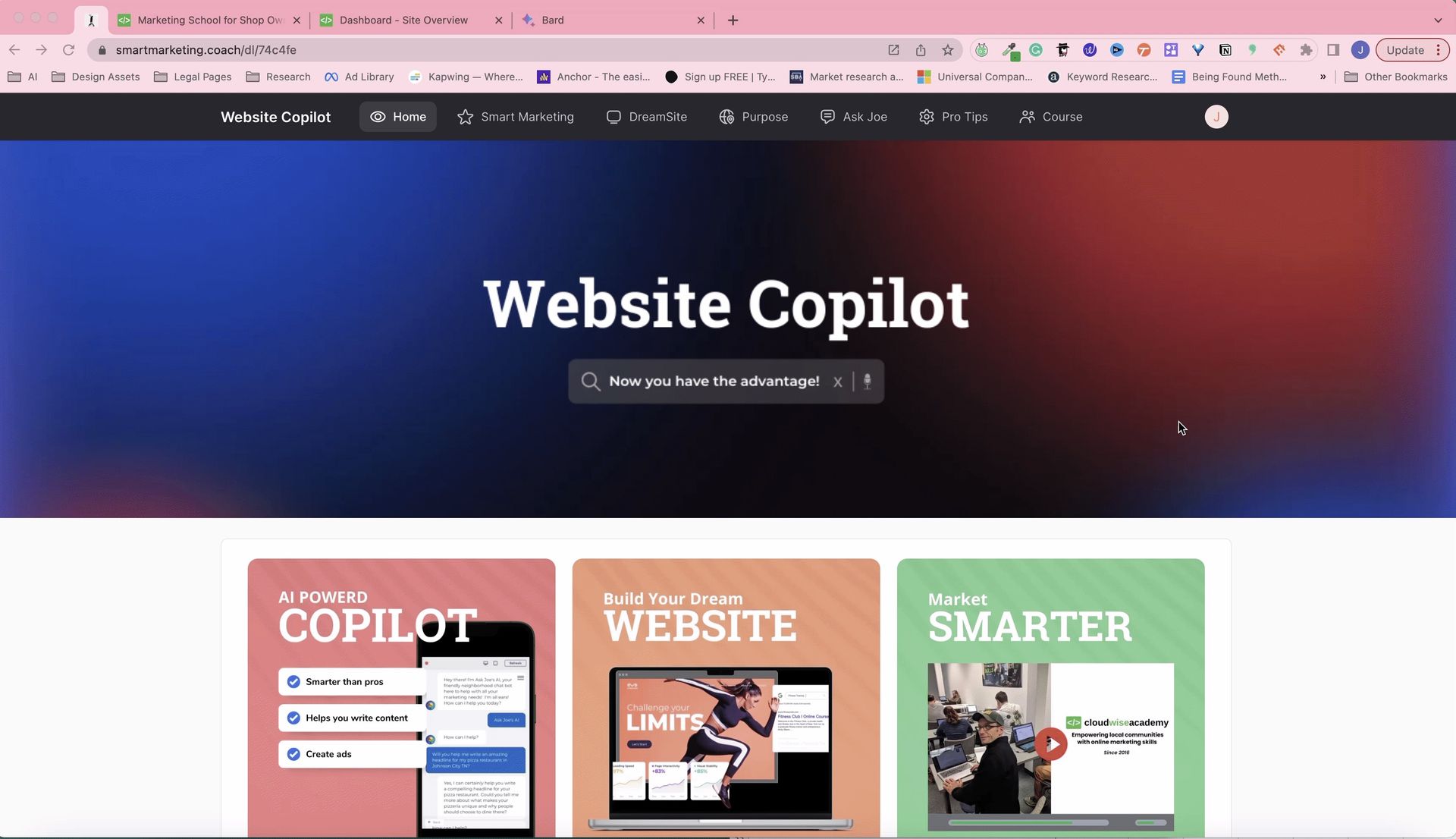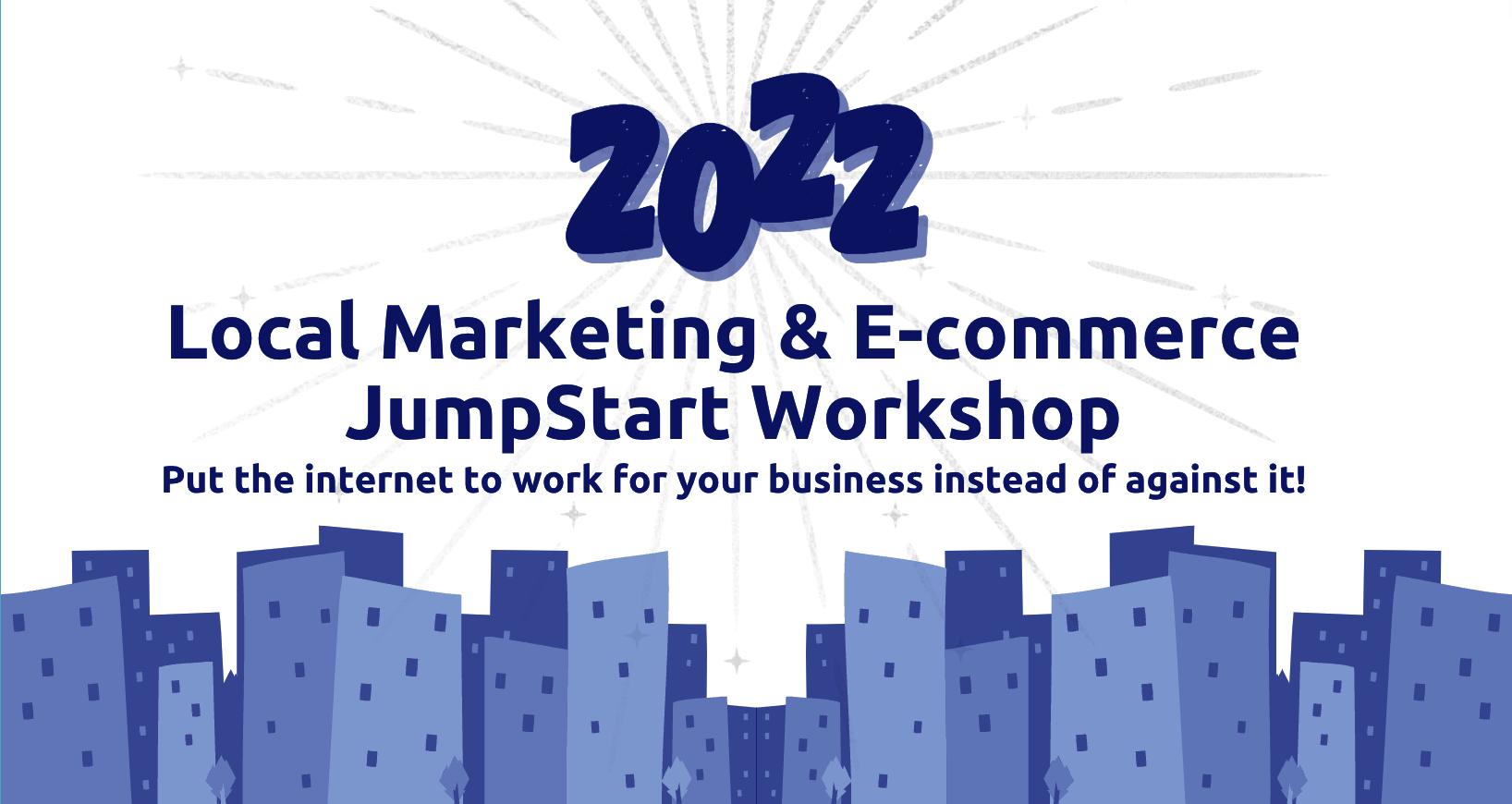(Local or national, web marketing matters. Check out our page on why).
If you’re a business that mostly finds its customers locally, rather than nationally or worldwide, then you are playing a different SEO ballgame than other people. Many people understand the fine points of national search – few know how to do local SEO, even when that is demonstrably more important to one’s business. In this article we will explain why local search matters, and how to get started.
Why Local SEO makes a difference
When you consider the importance of local search, think about how you yourself use Google. If you type “carpet cleaners” into the search bar you’ll see this (if you’re in Redding).
You may or may not click on the ads at the top. I myself generally avoid them because I feel as though the results in non-paid (or “organic)” search will be more relevant. You will probably click on one or two of the results in the “map pack” (the box that appears directly below the map, displaying local results). If you don’t find what you’re looking for there, you may click on the top 1 or 2 results organic results, directly below the map pack. But if you still don’t find what you’re looking for, you probably won’t keep clicking through the results. Instead you’ll type in a more specific term like “carpet cleaners specializing in liverwurst.”

The point being, ranking on the first page is much less useful than ranking #1 on the first page. Being #1 for a specific search term can be very difficult, but ranking in the map pack can be just as good or better. And it’s not as hard because you’re only striving against local competitors.
This is why understanding the rules of local SEO is quite important. The rules are a little bit different than when you are trying to rank nationally.
How to do local SEO – the most important steps:
Whether you are optimizing for local or national search, on-site optimization is still key. You have to have a site structure that makes sense to Google, that meets customers’ expectations, and generates revenue. This is the first step, and we’ve written extensively about how to optimize your site. You can find a few guides on this topic here, here, and here.
The next most important considerations when it comes to local search, and the ones we’ll focus on here, are Reviews and Citations
Reviews
Reviews are the simple part, and they’re exactly what they sound like – you want people to review your business. In fact, the two things any business should ask its customers during every service is “how did you hear about us?” and “would you mind leaving a review?” 99% of businesses don’t ask these two simple questions, despite the huge impact they can have.
Reviews that people leave on your site, and on other sites are seen by Google and show up in various places on your search rankings.
For instance, if someone searches for your service they might see something like this:
The stars indicate that the page has reviews on it, and the average rating of those reviews. It is worth noting that this is not the businesses site, this is their page on Yelp. However, that page has been claimed by the business and used to good effect for SEO.
You might also see reviews in the “knowledge graph”
The knowledge graph will appear on the right side of the search engine results page. Google reviews will be represented in the knowledge graph. To show up in the knowledge graph, it’s important to have a fully filled out Google Business page.
Naturally, having good reviews show up on Google when people search for you is very important when it comes to attracting customers. But reviews also have implications on search rankings. Sites that have reviews will rank higher than those that don’t. In fact, according to one survey of ranking factors, reviews make up 10% of your total rankings.
For local search, reviews are even more important than 10%.
A few places where it’s critically important to have reviews for Google search are as Yelp, Google+, Facebook, YP.com, Citysearch, and Foursquare. Each of these sites of course represents a different importance depending on the type of business in question. YP.com, for example, would be more important for mechanics and handymen.
It also helps you to have reviews on your own site.
Citations
When someone on a different site links to your site, that’s a “backlink.” Backlinks are always desirable for SEO, but are somewhat more important nationally than locally.
A citation is like a backlink without a link. If someone writes the name, address, or phone number of your business somewhere on the web, that counts as a citation.
Of course, the value of a citation depends on where on the web you are mentioned.
A word of warning, your citations should look exactly the same everywhere there are posted. Let’s say on one site you have your name and phone number. Let’s say on another site, due to an error, you have your name and a different phone number. Google will believe that one of these two companies went out of business and is being taken over by the other one. It confuses the issue and diminishes the effectiveness of your citations.
The more consistent your citations are as Google indexes them across the web, the more confident Google becomes in your identity, and the more likely it is to serve your site up in answer to search queries.
How to get citations: Simply make pages for yourselves on lots of different platforms. You will want to have a Yelp page with all your information. You will want to have a Facebook page with all your information. And so on.
How local search fits in
Reviews and Citations together are the biggest factors when it comes to ranking in the map pack. But you will, of course, have to decide where the map pack plays into your overall SEO strategy. Businesses who are not location-specific will be better off pursuing backlinks, performing on-site optimization, and writing quality content. It’ not an either-or situation of course. For many businesses, the answer is to simply dominate both national and local search.
When prioritizing, businesses who do lots of local businesses may find that ranking in the map pack is the #1 most important thing they can do to quickly increase business through SEO. For many, SEO begins at home.










